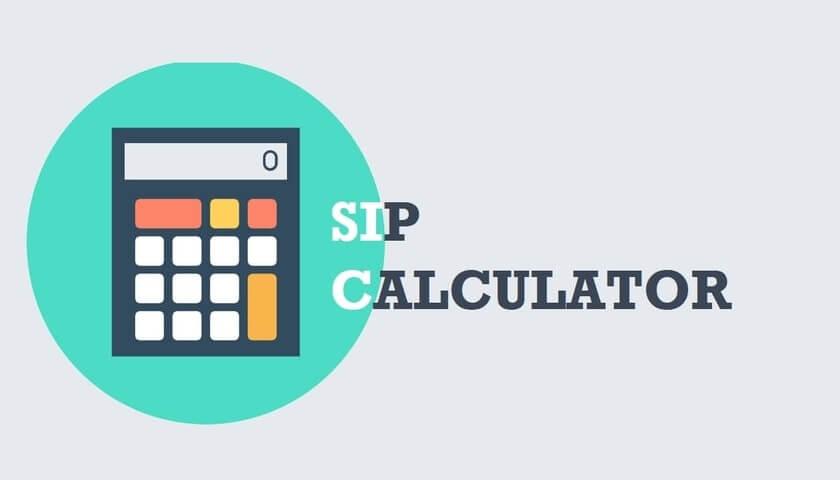Loans against property are long-tenor loans that invariably involve a sizable amount. Lenders have set eligibility criteria to determine the eligibility of the applicants. To minimize the chances of loan default, lenders sanction loans to only those borrowers who meet all the qualifying criteria. Qualifying requirements revolve around factors, such as CIBIL score, age, job and income stability, and quality of the pledged collateral. Need to meet their lender’s qualifying criteria before applying for a loan against property.
Other than meeting their lender’s eligibility requirements, loan applicants must also make sure they have all the documents required for property loans. Document requirements vary from lender to lender and are based on whether the applicant is salaried or self-employed. Here, we discuss document requirements for property loans for both salaried and self-employed individuals.
Documents Required for Loans Against Property for Salaried Individuals
Salaried individuals must provide these documents to establish their eligibility for a property loan.
1. Identity Proof Documents (PAN, Aadhar, Passport, Driving License, Bank Passbook, Ration Card, Voter ID, Employee ID, etc.). PAN card or Form 60 are mandatory.
2. Address Proof Documents (Ration Card, Passport, Telephone Bill, Electricity Bill, Bank Passbook)
3. Proof of Address Documents (Maintenance Bill, Electricity Bill, Property Documents)
4. Property Documents (Sale Deed, Copy of Agreement, Share Certificate, latest Maintenance Bill)
5. Income Proof Documents (Form 16, Bank Statements, Income Tax Returns of the last 3 years)
6. Proof of Job Continuity Documents (Experience Certificate, Employment Certificate, etc.)
Documents Required for Loans Against Property for Self-Employed Individuals
These are the documents lenders require self-employed loan applicants to submit to be considered eligible for a loan against property.
1. Identity Proof Documents (PAN, Aadhar, Passport, Driving License, Bank Passbook, Ration Card, Voter ID, Employee ID, etc.) PAN card or Form 60 are mandatory.
2. Address Proof Documents ( Ration Card, Passport, Telephone Bill, Electricity Bill, Bank Passbook)
3. Proof of Address Documents (Maintenance Bill, Electricity Bill, Property Documents)
4. Property Documents (Sale Deed, Copy of Agreement, Share Certificate, latest Maintenance Bill)
5. Proof of Business Documents (Company Registration License, Sales Deed/Agreement, Saral Copy, Copy of Tax Registration)
6. Income Proof Documents (last 3 years’ income tax returns, Profit and Loss statement, Audited Balance Sheet, last year’s bank account statements)
Over and above the documents mentioned above, your lender may ask you to provide more documents in support of your loan application. For instance, many lenders also require loan applicants to submit their professional degree certificates along with investment proofs, such as fixed deposits and fixed assets in their name, details of shares in their name, repayment track record of existing loans, etc. So, it is always a good idea to talk to one’s lender and get full clarity on what loan documents they will need to suffice to be considered eligible for a loan against property.
Individuals planning to apply for a property loan or loan against property must also try their best to avail themselves of the lowest loan against property interest rates. Low-interest rates help keep loan EMIs feasible and the cost of borrowing the loan low. An excellent credit score, good quality collateral and a stable income and job will help you avail yourself of a property loan at the lowest loan against property interest rates. Further, loan borrowers can also make use of the property loan balance transfer facility and transfer their loan to another lender offering better loan terms and conditions, including lower interest rates. However, such transfers must be performed after a thorough cost-benefit analysis.






